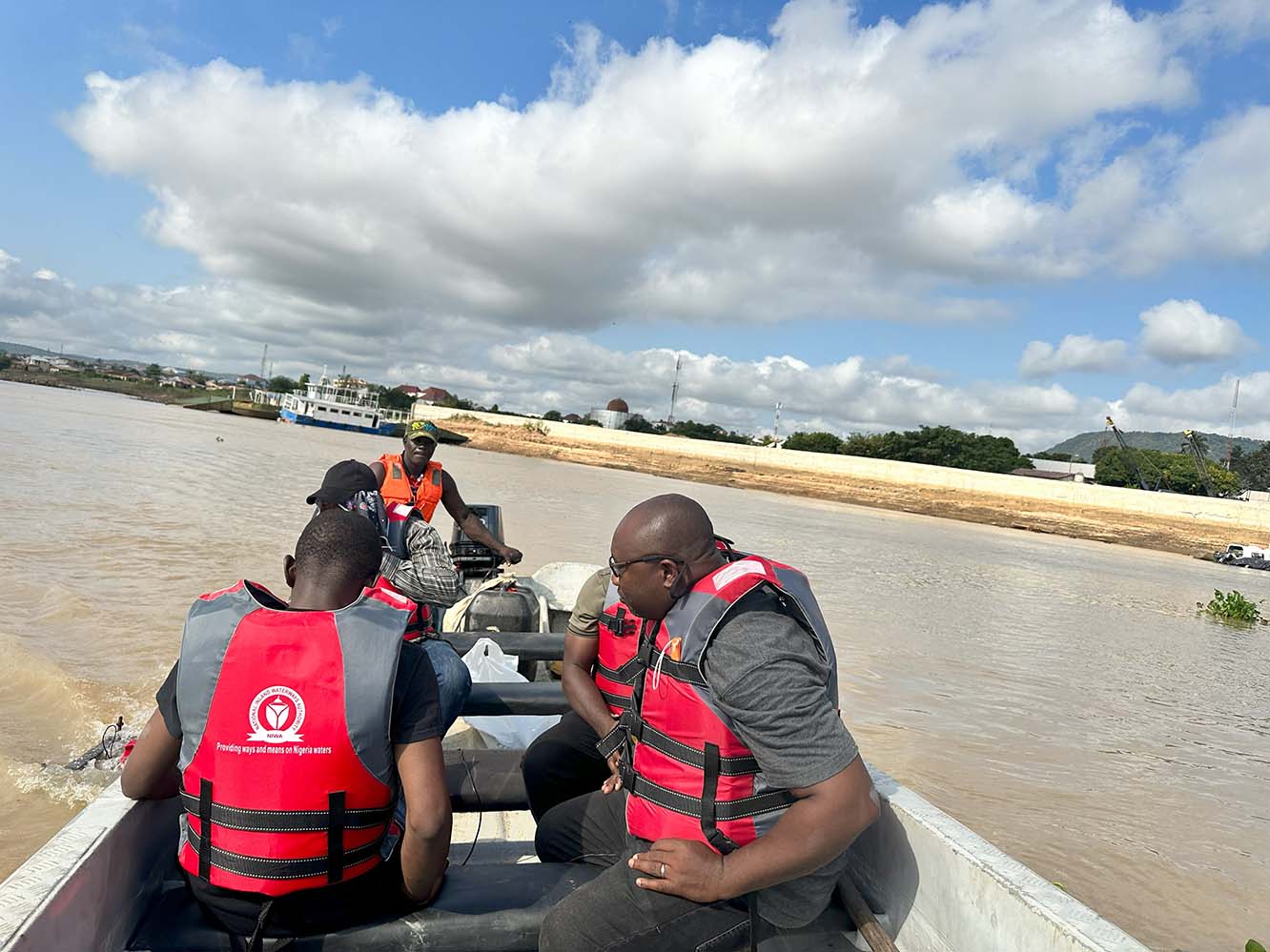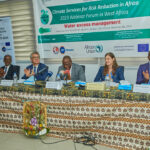By Isaac Atunlute
In the riverine communities of Ogun State, every trip across the water once came with the looming risk of tragedy. Now that risk is being steadily reduced thanks to a federal government initiative providing life jackets to boat operators in the state.
Water transport remains a lifeline for thousands of residents in this state—used daily by commuters, traders and students. Yet it has been plagued by accidents, mostly associated with overloading, inefficient navigational aids, and the absence of life jackets
As part of its ambitious efforts to reduce preventable drown-related cases, the federal government has distributed 3,500 life jackets to the waterways operators in Ogun State.
The latest donation of life jackets for boatmen in Ogun by the federal government is more than valuable, it marks a shift towards prioritising safety and dignity in inland water travel.
The presentation is part of the national initiative where some riverine states, like Niger, Bayelsa, Anambra, Delta, Taraba, Lagos, and Kwara, receive life jackets in the efforts aimed at promoting the culture of safety in the inland waterways in Nigeria.
A high-profile accident in June 2023 involving 200 people in a capsized boat on the Niger River sparked widespread outrage. The incidents have illustrated the seriousness of the situation and the imperative for precautionary action.
The provision of life jackets has been followed by actions to encourage usage by means of publicity campaigns and local enforcement.
The National Inland Waterways Authority (NIWA) is coordinating compliance with the country’s inland waterways regulations, working with state transport agencies and waterway associations to ensure that life jackets are worn during all journeys .
Ogun State is set to distribute jackets to registered operators, assisted by local boat unions to set the example that no passenger should board the boat without putting on life jackets.
This initiative aims to create a culture where water safety is the right of all, never the prerogative of boat owners.
This strategy follows similar life-saving measures—in Lagos and Bayelsa, life jackets were distributed along with training and rule enforcement, prompting a sharp decline in water-related fatalities.
Community-organised safety committees were also implemented in Niger State riverine areas, where NIWA donated 300 life jackets and established river marshals to enforce safe travel and prevent overcrowded, nighttime boat operations.
To create more impact, this approach could be extended nationwide by equipping operators with life jackets alongside navigational equipment and first-aid equipment and by constantly training boat operators in managing emergencies.
State officials and community stakeholders would be able to establish watch groups to ensure constant compliance, while data tracking could measure reductions in emergencies over time.
It’s not just a simple safety plan—it’s the blueprint for water safety in riverine communities of Nigeria.
When safety becomes the number-one rule, lives are saved, families suffer no unnecessary loss, and waterways can truly serve as safe avenues for commerce and livelihood.
The federal government of Nigeria is reducing the risk of waterway accidents in Ogun State by providing 3,500 life jackets to boat operators. Water transport is essential for many residents but has been dangerous due to the lack of safety measures like life jackets. The government aims to promote safety in riverine states, including Niger, Bayelsa, Anambra, Delta, Taraba, Lagos, and Kwara, by distributing life jackets and encouraging their use through campaigns and enforcement by the National Inland Waterways Authority (NIWA).
This initiative follows successful measures in Lagos and Bayelsa, where life jacket distribution and safety training have led to fewer water-related fatalities. Additional actions, such as establishing safety committees and river marshals, have been implemented in Niger State. Future plans include broadening nationwide initiatives with more safety equipment and training for boat operators. The aim is to establish a culture of safety on Nigeria's inland waterways, prioritizing the right to safety for all passengers and reducing preventable tragedies.






